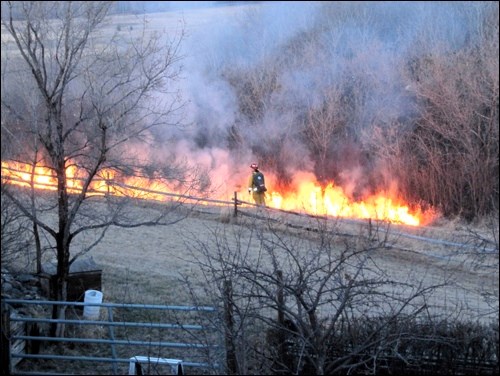With smoke from wildfires impacting the air we breathe, it’s important for you to be aware of and take precautions to safeguard your health.
Persons with heart conditions or respiratory conditions such as asthma are most at risk and should monitor their symptoms and seek medical care if symptoms worsen.
During severe smoke events, everyone can be at risk. Even healthy individuals can be affected and may experience irritation of the eyes and throat, headaches, and possibly shortness of breath. You are urged to take appropriate precautionary measures and seek medical care if symptoms worsen.
To protect yourself:
• Reduce or avoid strenuous outdoor activities – especially if you experience symptoms such as coughing and throat irritation. Children, the elderly and those with pre‐existing medical conditions, such as heart and respiratory disease, should be especially cautious.
• Reduce or eliminate exposure to outside air when inside. For example, close windows and close ventilation systems that bring outdoor air indoors. Do the same if you are in your vehicle.
• Stay inside and turn on your air conditioner (check to make sure it does not bring outdoor air indoors) or go to an air‐conditioned public space (mall, library, church) to reduce exposure to outdoor air.
• Don’t smoke and do avoid exposure to second hand smoke.
• Keep in mind that dust masks, bandanas and cloths (even if wet) will not protect you from smoke.
• Monitor media outlets and other media sources for important updates.
For more advice on symptoms and precautions, visit HealthLine Online at www.healthlineonline.ca or call Healthline at 811. HealthLine information and support is available 24/7 across Saskatchewan.
Current air quality conditions and the air quality index (AQI) can be accessed from the Saskatchewan Ministry of Environment http://www.environment.gov.sk.ca/airqualityindex




